Where People Can Turn When They Need Help Paying Utility Bills
Agencies work with Duke Energy’s Share the Light Fund® to ensure customers can keep their power on
Published 02-09-24
Submitted by Duke Energy
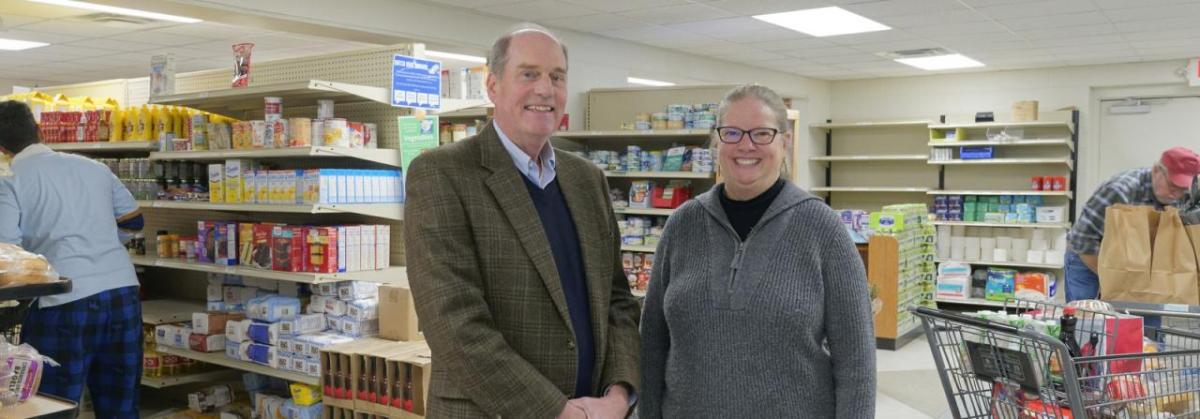
As executive director of Crisis Control Ministry, Margaret Elliott knows how easy it is for people to fall behind on paying their utility bills, and once things start to snowball, it’s hard to stop those bills from piling up.
She sees it every day at Crisis Control Ministry in Winston-Salem, N.C., which helps people through an emergency financial crisis, providing money, food and other services.
“The majority of the people calling in for financial assistance are calling in for housing and utility needs,” she said. “And that has grown since the pandemic.”
Through Duke Energy’s Share the Light Fund, Elliott’s agency helps customers pay their energy bills. For more than 30 years, the fund has helped customers stay warm in the winter and cool in the summer – times when drastic dips and spikes in temperatures can wreak havoc on energy bills and budgets.
“How can we do good in the community?” said Share the Light Fund Program Manager Viva Webb. “One, being a good community partner, but two, for our customers, how can we help them when they’re struggling or fall behind?”
Share the Light Fund raises money and distributes it to agencies in North Carolina and South Carolina, Indiana, Kentucky, Ohio and Florida. Duke Energy customers can apply for aid through those agencies.
In 2023, the Share the Light Fund distributed more than $6 million, helping over 16,000 Duke Energy customers pay their energy bills.
The pandemic provided other challenges for organizations like Crisis Control Ministry, needs that were met in 2023 by the Duke Energy Foundation through capacity building grants.
The grants help agencies build and improve their capacity to help their communities. For Crisis Control Ministry, the $80,000 grant meant a vastly improved phone system.
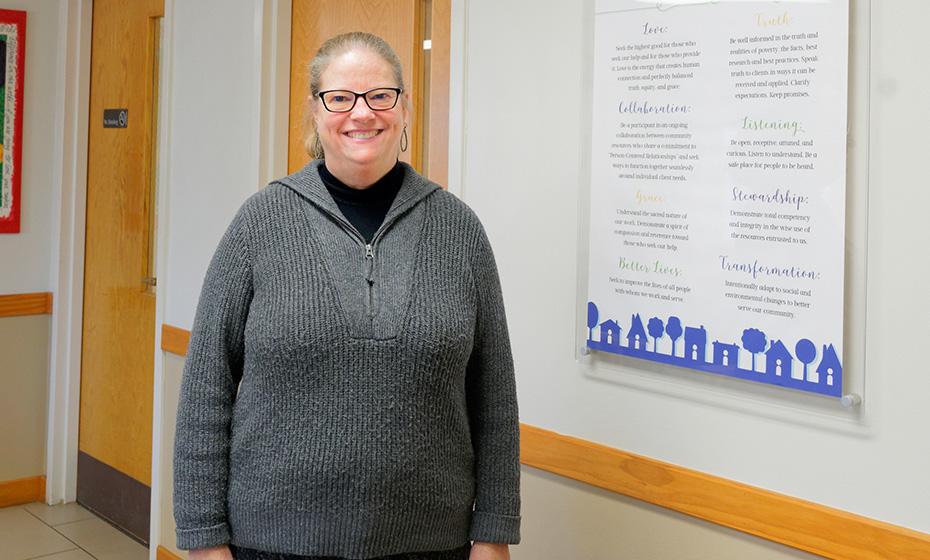
How to donate to Share the Light Fund
You can help, like Duke Energy employees, and donate to Share the Light Fund.
- Paperless Billing customers can donate online when scheduling their monthly Duke Energy payment. Complete the section "Customer Contribution" to make a donation.
- If you receive a paper bill, you can add a donation when you mail in your monthly payment. Monthly bills have a notation in the upper right-hand corner to mark your donation. Locate the contribution election below the amount due on your payment stub. Write in the amount. Add the contribution amount to your bill payment.
- Donate by check or money order to Share the Light Fund, Duke Energy, Attn: Central Cash Remittance, P.O. Box 35469, Charlotte, NC 28235.
When the pandemic hit, the agency had to pivot from in-person to phone interviews with clients. But the phone system struggled to handle the number of calls. While the doors have reopened, clients now prefer to connect over the phone – eliminating obstacles like transportation and child care.
“It has given our clients a much better customer service experience, in that they don’t stay on hold forever, they don’t get lost in the queue, they actually have a queue, they can leave their number, we call them back,” Elliott said. “It is phenomenal.”
And Crisis Control Ministry can now help more people.
Elliott is also grateful for her agency’s relationship with Duke Energy.
“I really truly think they value the fact that when people are in a true crisis that they want them to stay in their house and be warm too,” she said. “And to stay cool in the summer.”
Jimmy Flythe, Duke Energy Director of Government and Community Relations for parts of western North Carolina, works with assistance agencies, including Crisis Control Ministry.
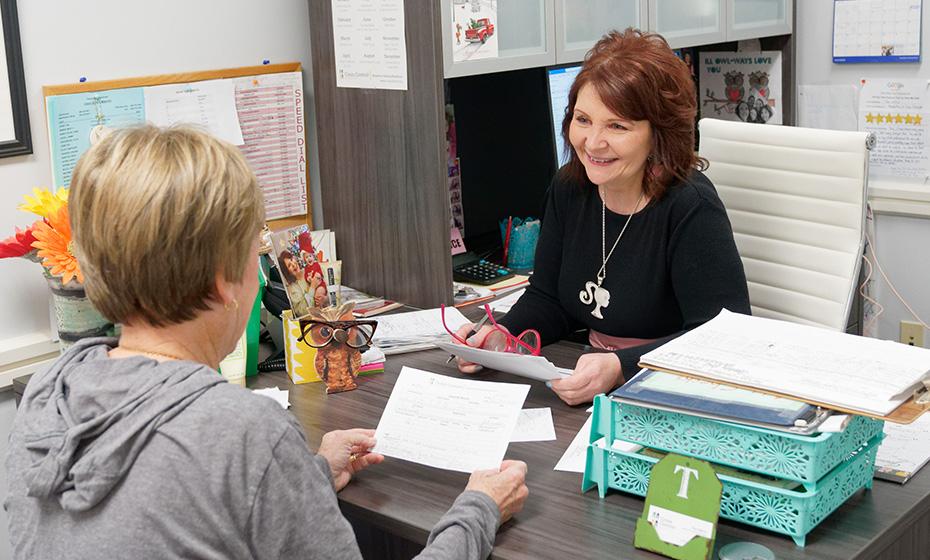
Flythe identified agencies to apply for the capacity building grants.
“A lot of these organizations are operating on a shoe-string budget,” he said. “They get funds to help them help their clients but they typically don’t have the funding to improve their ability to serve their clients.”
“We want people to be able to pay their energy bills,” he said, “and recognize when they don’t.”
Said Share the Light Fund Program Manager Webb: “We’re here to help you. Everyone needs power.”
Share the Light Fund agencies and programs vary by state and region.
North Carolina
Duke Energy Carolinas
Eligibility: Must be a Duke Energy Carolinas residential customer; must have a past-due balance, unpaid deposit for utility service or unpaid reconnection charge.
Call the agency in your county to determine if you are eligible for assistance. Duke Energy Carolinas customers can connect with agencies here.
Duke Energy Progress
Eligibility: Must be a Duke Energy Progress residential customer; must have a past-due balance, unpaid deposit for utility service or unpaid reconnection charge.
If you or someone you know needs assistance, call the CARELINE at 800.662.7030.
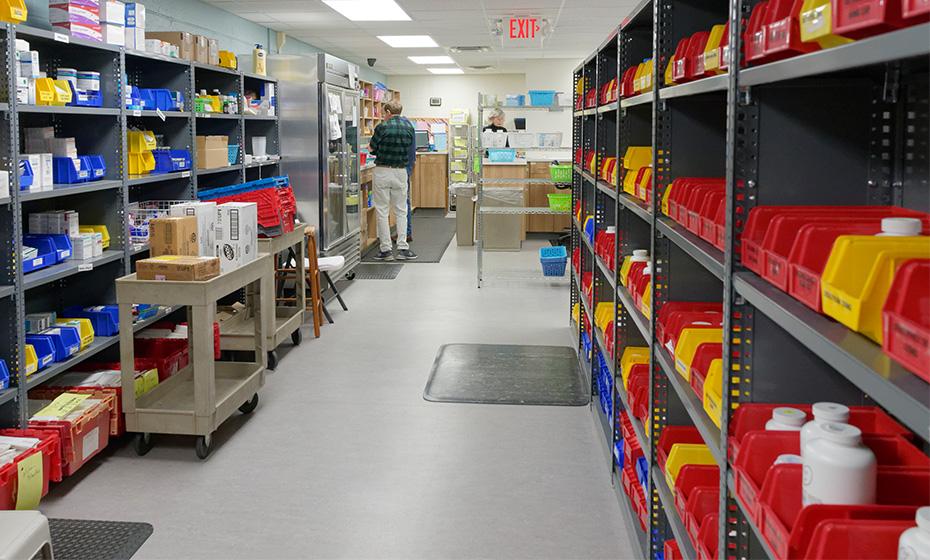
South Carolina
Duke Energy Carolinas
Eligibility: Must be a Duke Energy Carolinas residential customer; must have a past-due balance, unpaid deposit for utility service or unpaid reconnection charge.
Customers can connect with agencies here.
Duke Energy Progress
Eligibility: Must be a Duke Energy Progress residential customer; must have a past-due balance, unpaid deposit for utility service or unpaid reconnection charge.
Customers can find help here.
Ohio
Share the Light Fund is administered by The Salvation Army. Eligibility is based on need and does not necessarily follow government assistance guidelines.
Share the Light Fund provides one-time assistance to eligible customers to help avoid disconnection or maintain service. Customers who need assistance may complete an online application or call 513.762.5636. Customers can leave a voicemail and will receive a call back within 72 hours.
To qualify, customers: Must be a resident of Adams, Brown, Butler, Clermont, Clinton, Hamilton, Highland or Warren counties in southwest Ohio; have a heating account with Duke Energy; be the customer of record at Duke Energy; must have a past-due balance, unpaid deposit for service; or unpaid reconnection charge.
Customers cannot be on the Percentage of Income Payment Plan (PIPP) Plus program unless funds are still available after March 31.
Clients who live in the following counties should not apply online, but should contact their local Salvation Army here: Adams, Brown, Butler, Clermont, Clinton, Highland and Warren. If there is not a Salvation Army near you, go to your nearest service unit.
Kentucky
Customers may apply for up to $300 in assistance throughout the program year.
Eligibility: Must be a Duke Energy natural gas and/or electric residential customer; household income must be at or below 200% FPL guidelines; must have past-due charges for natural gas or electricity, unpaid deposit; or reconnection charges.
To apply or for more information, call the Northern Kentucky Community Action Commission at 859.581.6607.
Indiana
The Indiana Community Action Energy Assistance Program (EAP) provides up to $300 to qualifying Duke Energy customers’ accounts to pay energy bills, deposits and reconnection/connection charges.
For details and eligibility, contact your local EAP agency.
Florida
Eligibility: Must be a Duke Energy residential customer; must have a past-due balance, unpaid deposit for utility service; or unpaid reconnection charge.
Duke Energy customers can connect with aid agencies here.
View original content here.
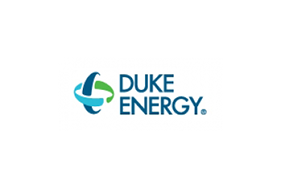
Duke Energy
Duke Energy
Duke Energy (NYSE: DUK), a Fortune 150 company headquartered in Charlotte, N.C., is one of America’s largest energy holding companies. The company’s electric utilities serve 8.4 million customers in North Carolina, South Carolina, Florida, Indiana, Ohio and Kentucky, and collectively own 54,800 megawatts of energy capacity. Its natural gas utilities serve 1.7 million customers in North Carolina, South Carolina, Tennessee, Ohio and Kentucky.
Duke Energy is executing an ambitious energy transition, keeping customer reliability and value at the forefront as it builds a smarter energy future. The company is investing in major electric grid upgrades and cleaner generation, including natural gas, nuclear, renewables and energy storage.
More information is available at duke-energy.com and the Duke Energy News Center. Follow Duke Energy on X, LinkedIn, Instagram and Facebook, and visit illumination for stories about the people and innovations powering our energy transition.
More from Duke Energy

